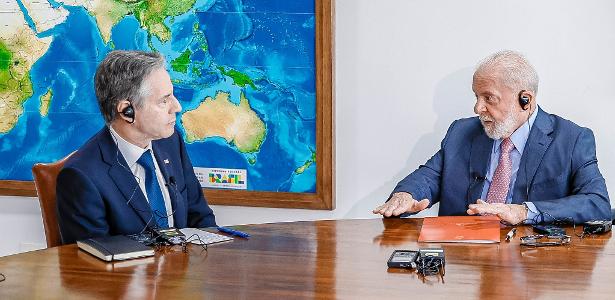The path in this case seems correct and less controversial than in the past, when we proposed the creation of a “peace club” in Eastern Europe or when the Brazilian president made sensitive speeches related to the Holocaust. It makes sense for Brazil, for example, to advocate debt relief for vulnerable countries, seek increased financing for green economic transitions in developing countries, or seek greater representation in multilateral bodies.
But the looming problem is of a different nature. The matter has nothing to do with controversial positions or impromptu speeches, as is the case at the present time. It refers to the famous phrase of the Spanish philosopher José Ortega y Gasset: “Man is man and his circumstances.” It is about the idea that an individual's behavior cannot be understood in isolation, but is deeply rooted in the social, historical, cultural and environmental context in which that individual exists and is affected.
Transferring the same logic to foreign policy, this means that even if Brazil directs its energy to exercise its international mission in a constructive way and chooses the path of issues that the international community considers legitimate, addressing all this, in the G20 or in the G20. The thirtieth session of the Conference of the Parties will remain largely dependent on circumstances that we can barely control.
The current context is characterized by a rapid return to classical geopolitics, and as wars worsen and new conflicts emerge, the need for “hard power” resources typically comes to the top of countries’ hierarchy of priorities. Brazil, which does not have these resources in abundance, is forced to try to direct international dialogue into other channels.
It may be difficult to address poverty, the climate emergency, and institutional reforms around the world, while most of its core vital interests focus on Ukraine, Gaza, Iran, or Taiwan. Not to mention the transformation that could occur, from a geopolitical point of view, if Donald Trump is elected President of the United States weeks before the G20 summit.
Therefore, without wanting to spoil the party, we have to be prepared, because in this global environment we may have to absorb two types of frustration: 1) When we decide to engage in the most important topics in the international arena, in which our immediate interests are not very clear, and we are treated like… “The children in the room”; But 2) when we set an agenda and work toward conversations where we actually have the legitimacy and experience to contribute, there is a possibility that, due to the timing of the “circumstances,” we will be relegated to the background, as is the case with everyone else. Gives priority to other agendas. Thus we face the most powerful actors, between criticism of hyperactivity and indifference Realpolitik.

“Music fanatic. Professional problem solver. Reader. Award-winning tv ninja.”






More Stories
Couple retakes glacier photo after 15 years, surprised by changes: ‘It made me cry’
Two killed in hotel collapse in Germany – DW – 07/08/2024
Lula speaks for half an hour on phone with Biden about Venezuela’s electoral impasse | Politics